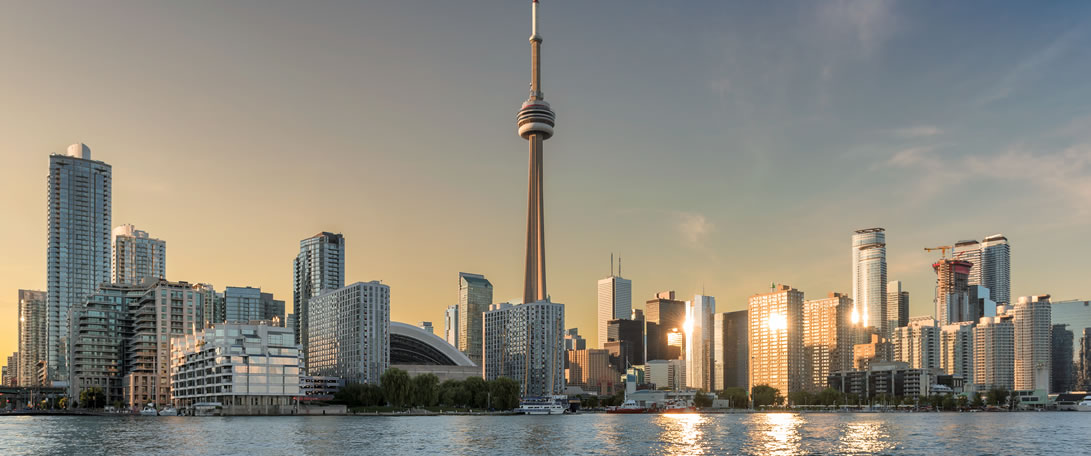FREQUENTLY ASKED QUESTIONS

If you don't have any relatives or accommodation in Canada, we can organize your stay through your university or language course in Canada. You can stay either in the host family, student hall or independent student houses.
Our international students can obtain their health insurance from their schools or they will request the health insurance on the first day of the school. So, when they do not feel well, they can go to the doctor and hospital easily.
Canada is a huge country. Therefore, the temperature changes by region. While some parts of Canada are covered with glaciers, there are 4 seasons in Canada's urbanized areas along the US border regions. In these areas, the temperature may rise to 35 degrees or higher on summer days. In the meantime, it is normal to fall to -25 degrees in winter. In spring and autumn, the season is mild.
Average Min. Temperature (C): January July Vancouver 5 22 Toronto -4 27 Calgary -7 23 Montreal -6 26 Halifax -2 23
It is seen in the four seasons in the northern part of the country. Winters are quite cold in some areas and the summers are hot and humid. In the south, the desert climate is dominant. The southern region should be considered as east, centre and west. It does not get cold even in winter and some days can be rainy in the autumn.
Average Min. Temperature (C): January July Vancouver 5 22 Toronto -4 27 Calgary -7 23 Montreal -6 26 Halifax -2 23
It is seen in the four seasons in the northern part of the country. Winters are quite cold in some areas and the summers are hot and humid. In the south, the desert climate is dominant. The southern region should be considered as east, centre and west. It does not get cold even in winter and some days can be rainy in the autumn.
Vancouver, Toronto, Montreal are the leading cities where are preferred by the students to live.
Vancouver: The largest city in British Columbia and ideally located to be close to the beauty and culture of Western Canada. Vancouver is a really nice city for the students to spend time in harbour, Stanley Park, Sports Centre, Aquarium and many shopping centres.
Toronto: The city where located in the state of Ontario, is the cultural and financial centre of Canada. Toronto is Canada's largest, fifth-largest city in the North American continent and located in the south-east of the country. The city is called as the most new and perfect city in the world by most of the people.
Montreal: The city is the largest city in the state of Quebec and the second largest one in Canada. Even though it is about 550 km far from Toronto, the subway and high-speed train make the transportation faster and easier. You can see the combination of Paris and New York life in the streets of Montreal.
Vancouver: The largest city in British Columbia and ideally located to be close to the beauty and culture of Western Canada. Vancouver is a really nice city for the students to spend time in harbour, Stanley Park, Sports Centre, Aquarium and many shopping centres.
Toronto: The city where located in the state of Ontario, is the cultural and financial centre of Canada. Toronto is Canada's largest, fifth-largest city in the North American continent and located in the south-east of the country. The city is called as the most new and perfect city in the world by most of the people.
Montreal: The city is the largest city in the state of Quebec and the second largest one in Canada. Even though it is about 550 km far from Toronto, the subway and high-speed train make the transportation faster and easier. You can see the combination of Paris and New York life in the streets of Montreal.
Canada is a multicultural country, so you can have a chance to try different cuisines. In the morning students can have either Corn Flakes or toast and coffee or juice for breakfast. They have sandwich or snacks for the lunch and for dinner meals are usually prepared from Italian, German, Mexican, Indian, British and Asian cuisines. They eat fish, beef or chicken in the dinner meal.
Of course, families can visit their children during their study in Canada. However, they need to add their children’s school documents to their visa application and they need to inform them about their visit duration.
You can go holiday depending on the availability of your school's academic calendar and you can go back to Canada since your visa and passport valid days allow. When you are at the border, you should have the document which shows your holiday period.
Yes, you can study maximum 3 months in non-intensive language course programs with your tourist visa.
Students who study in the language courses, are not allowed to work officially. However, if they study at universities and colleges or in vocational diploma and co-op programs, they are allowed to work part-time for 20 hours per week.
Yes, if you continue to study, after you renew your registration you can apply for the visa extension before your current student visa expire.